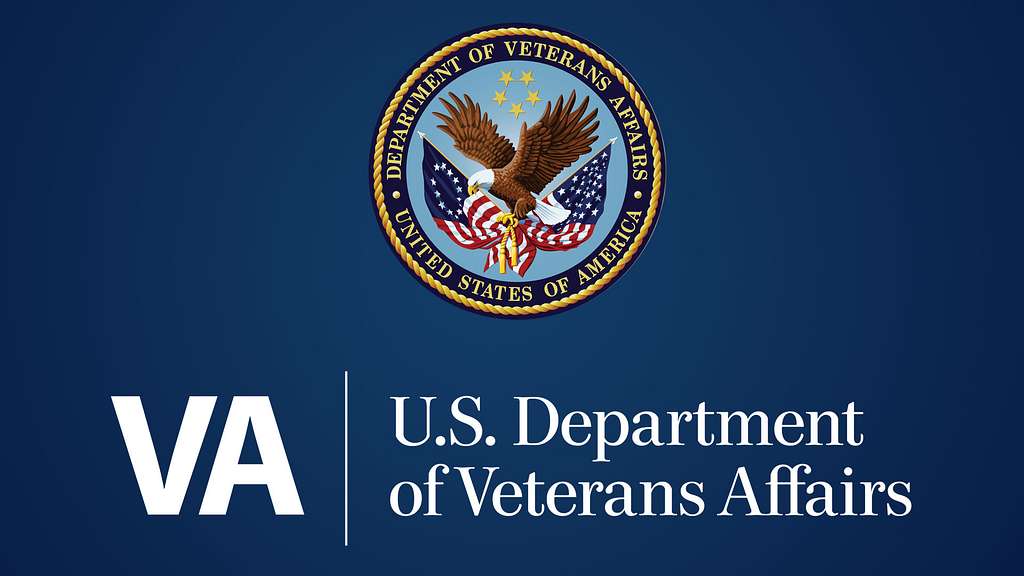
This post will analyze the recent announcement by the Department of Veterans Affairs (VA) regarding a new circular that will allow VA homebuyers to compensate their real estate agents (buyer agent compensation). We’ll explore the implications of this change, particularly how it will affect Mortgage Loan Originators (MLOs) who work with veterans seeking VA loans.
Highlights:
- The VA is changing its policy to allow veterans using VA loans to compensate their real estate agents. This is a major win for veterans who previously couldn’t pay buyer agents under VA rules.
- This change benefits Mortgage Loan Originators (MLOs) in several ways. They can expect an increase in veteran clients, a smoother loan process due to better client representation, and potentially higher client satisfaction.
- MLOs can prepare for this change by staying informed about the official VA circular, educating their veteran clients, and building relationships with real estate agents specializing in VA loans.
VA Policy Change Bridges the Gap
Previously, VA policy prohibited veterans from paying their real estate agents a commission or fee. This posed a challenge for veterans seeking to utilize their VA loan benefit under the recent settlement agreement by the National Association of Realtors (NAR). The agreement restricts blanket offers of cooperative compensation to buyer’s agents on the MLS and requires buyers to sign agreements outlining their agent’s compensation.
The VA’s upcoming circular, expected by June 12th, 2024, aims to bridge this gap. This change is welcome news for both veterans and MLOs.

Benefits for Mortgage Loan Originators
MLOs who specialize in VA loans can expect several positive outcomes from this policy shift:
Increased Veteran Clientele: Now, veterans can confidently work with real estate agents, potentially leading to a rise in the number of veterans seeking VA loans.
Smoother Loan Process: With buyer agents receiving proper compensation, they’ll be more likely to actively represent veterans throughout the home buying journey, leading to a smoother loan origination process for MLOs.
Enhanced Client Satisfaction: Veterans can now leverage the expertise of real estate agents, ensuring they find the right property and navigate the complexities of the buying process. This can lead to higher client satisfaction for MLOs.
What to Expect Moving Forward
While the official circular hasn’t been released, MLOs can prepare for the change by:
Staying Informed: Keep an eye out for the official VA circular and any accompanying guidance.
Educating Clients: Inform veteran clients about the upcoming policy change and how it empowers them to work with real estate agents.

Building Relationships: Foster connections with local real estate agents who specialize in VA loans.
The VA’s decision to allow buyer agent compensation is a significant victory for veterans and the mortgage industry. MLOs who adapt to this change will be well-positioned to serve a broader veteran clientele and streamline their VA loan origination process.
Check back with us after June 12th for the follow-up and the details of the VA circular regarding buyer agent compensation changes!





































